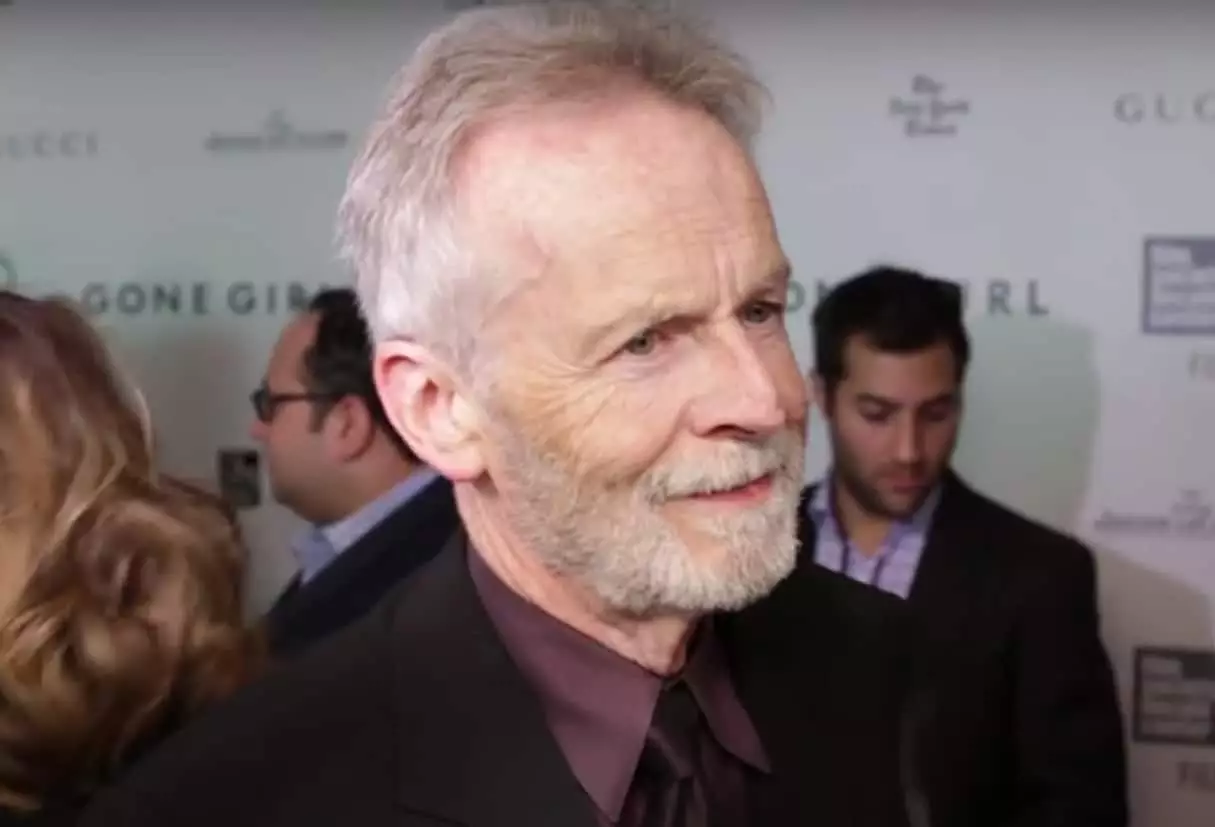At a recent film convention, the opportunity arose to engage with David Clennon, a veteran actor whose illustrious career spans significant films like „The Thing,“ „Gone Girl,“ and „The Right Stuff.“ In our discussions, the focus turned to one of Clennon’s most noteworthy experiences: working alongside the legendary Muhammad Ali in the 1977 film „The Greatest.“ This cinematic portrayal of Ali’s life, where the boxing icon plays himself, sheds light not just on the athlete’s career but also on the socio-political climate of the era. Clennon’s reflections provide insight into both the film and the impact Ali had as an emblematic figure, particularly during a tumultuous time in American history.
Clennon’s role in „The Greatest“ is brief but pivotal, highlighting a crucial moment in Ali’s life: his draft refusal during the Vietnam War. Clennon captures this moment when he, portraying a U.S. marshal, leads Ali out of a room, embodying the tension surrounding this crucial decision. This scene underscores the courage Ali displayed in standing against a war he believed to be unjust, an act that subsequently cost him nearly four years of his boxing career. Clennon noted, “I was a ‚draft dodger,‘ like he was. Ali had much more at stake.” Through Ali’s stance, Clennon and countless others found strength in knowing they were not alone in their beliefs.
Messenger of peace or a simple sportsman? Ali transcended the boxing ring, assuming the role of a moral beacon for those opposed to the Vietnam War. Clennon expressed profound admiration for Ali’s integrity, recalling how his actions inspired a generation of young people grappling with the moral implications of the draft. “He was a real hero of mine,” Clennon remarked, underlining the importance of having a figure like Ali vocalizing dissent against the prevalent injustices of the time. Ali’s ability to galvanize public sentiment, especially when voiced by someone of his stature, extended far beyond the sport itself.
Clennon shared anecdotes about Ali that reveal the latter’s approachable nature and lack of ego. “He was always joking around on set,” Clennon recounted, emphasizing Ali’s enthusiasm for being part of a film that chronicled his extraordinary life. This humility stands out in contrast to how many celebrities behave, highlighting a profound connection Ali forged with those around him. Clennon’s interactions with Ali served to crystallize the essence of the man behind the public persona—an individual described as gracious, personable, and genuinely excited about contributing to a film about his own life.
The discussion also veered into the realm of Ali’s many cinematic representations. When asked how “The Greatest” stands in comparison to other films and documentaries about Ali, Clennon articulated a strong endorsement. He remarked, “I may be biased, but I think the movie we did in the 1970s is the best Ali film.” His appreciation for the film is not merely rooted in nostalgia; it stems from the authenticity of having Ali himself portray his story. While acknowledging the merits of Will Smith’s portrayal in „Ali“ (2001), Clennon felt that the personal touch of Ali’s on-screen presence lent an unparalleled authenticity to the 1977 film.
Finally, Clennon was queried about his interest in boxing and the significance of Ali’s legacy in the sport. “Well, who doesn’t like a big fight?” he quipped, reinforcing that Ali’s monumental presence extended beyond the boxing world. Whether or not one was a boxing enthusiast, having an opinion about Ali was almost inevitable, as he represented more than just athletic prowess. Clennon recognizes Ali as an iconic figure whose influence reached far beyond the ropes of the boxing ring, engaging audiences across all walks of life in the discussions of ethics, courage, and justice.
David Clennon’s reflections on Muhammad Ali resonate as a homage not only to a sports legend but to a cultural icon. The narratives of bravery, integrity, and compassion found in Ali’s life and career continue to inspire, exemplifying the immense power of standing up for one’s beliefs. Ali’s impact was not confined to his athletic achievements; it spanned generations, offering a vision of what it means to be truly great. Through conversations and reflections like those shared by Clennon, we remember not just an athlete, but a groundbreaking voice for change.


Napsat komentář